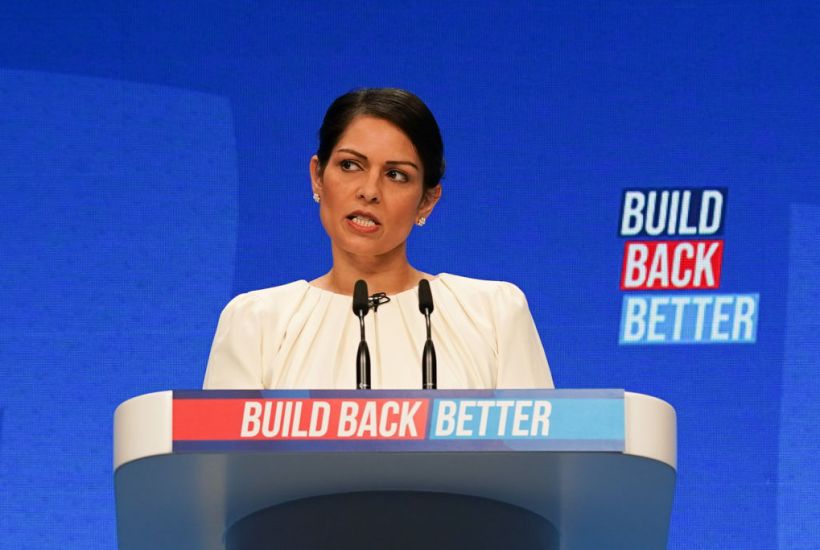The theme of Priti Patel’s party conference speech this afternoon was very much ‘large and in charge’. She devoted much of her address to talking about the immigration system, as you’d expect, promising stronger crackdowns on people being smuggled across the Channel in boats.
Whereas Boris Johnson and Michael Gove have talked about Britain ‘voting for change’ in 2016, Patel focused on the Vote Leave favourite: taking back control.
Already a subscriber? Log in
Subscribe for just $2 a week
Try a month of The Spectator Australia absolutely free and without commitment. Not only that but – if you choose to continue – you’ll pay just $2 a week for your first year.
- Unlimited access to spectator.com.au and app
- The weekly edition on the Spectator Australia app
- Spectator podcasts and newsletters
- Full access to spectator.co.uk
Or





















Comments
Don't miss out
Join the conversation with other Spectator Australia readers. Subscribe to leave a comment.
SUBSCRIBEAlready a subscriber? Log in